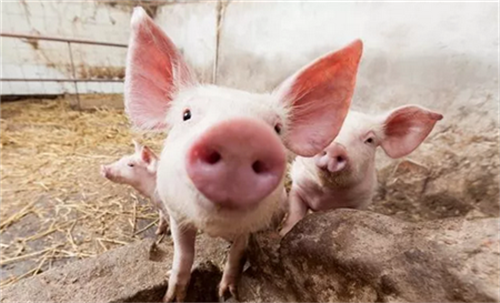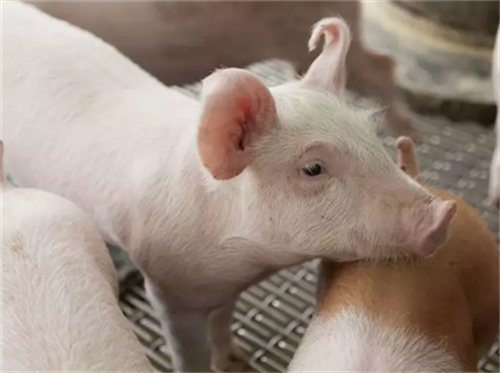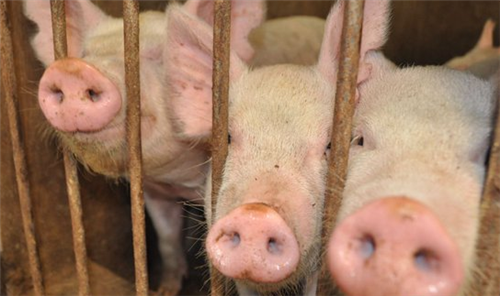Without antibiotics, how can piglets not have diarrhea
No anti-food requires no anti-feed, no anti-breeding has become a trend. The most meaningful strategies for weaning piglets to reduce the use of antibiotics and to ensure that piglets do not have diarrhea are:
Strategy:
Ensuring high feed intake after weaning is very important for the intestinal health of piglets.
Increase dietary digestibility, high digestibility will not provide substrate for the reproduction of intestinal pathogenic microorganisms.
Improve the health of intestines and piglets as a whole.
Feed intake
Feed intake in the first few days after weaning is very important for the intestinal health of piglets.

Low feed intake after weaning will reduce the villus height, damage the intestinal barrier function, and cause long-term damage to the health and growth performance of piglets (some even last until the fattening period). The feed intake of piglets in the first week after weaning determines the growth of most of their lives (- 40%), so we should focus on teaching piglets to ensure high feed intake after weaning.
The increase in feed intake of weaned piglets depends on many factors, such as piglet health, trough feeding, weaning age and weaning weight, environment, water and other factors. The selection of high-quality raw materials and food attractants are also important for high-quality teaching materials.
Digestibility
The main components of trough feed are protein source, lactose and grain. Improving the digestibility of protein and grain is very important to improve the overall digestibility of trough diet.
Diets with high digestibility can ensure high nutritional supply, reduce the substrate (undigested nutrients) needed for the reproduction of colonic pathogenic microorganisms, and reduce diarrhea.
An important aspect of improving digestibility is to control the acid capacity of the feed system, because the gastric acid secretion capacity of piglets is limited at this time, and the gastric acid secretion capacity of piglets can only be fully developed at the age of 7-10 weeks. Therefore, it is very important to reduce the acidity and improve the digestibility when selecting raw materials.
Health improvement
In the delivery room, piglets are protected by maternal antibodies, and this passive immunity disappears after weaning. Piglets are in the immune window at this time, coupled with weaning stress, low feed intake and intestinal immaturity make weaned piglets particularly sensitive to disease.
The building of immunity of piglets before and after weaning is very important for the health and later growth potential of piglets, and the damage of weaning stress to intestinal barrier function can not be ignored. Oxidative stress impairs intestinal barrier function and enhances the permeability of pathogens, antigens and toxins, and piglets are more likely to develop the disease.
Related
- On the eggshell is a badge full of pride. British Poultry Egg Market and Consumer observation
- British study: 72% of Britons are willing to buy native eggs raised by insects
- Guidelines for friendly egg production revised the increase of space in chicken sheds can not be forced to change feathers and lay eggs.
- Risk of delay in customs clearance Australia suspends lobster exports to China
- Pig semen-the Vector of virus Transmission (4)
- Pig semen-the Vector of virus Transmission (3)
- Five common causes of difficult control of classical swine fever in clinic and their countermeasures
- Foot-and-mouth disease is the most effective way to prevent it!
- PED is the number one killer of piglets and has to be guarded against in autumn and winter.
- What is "yellow fat pig"? Have you ever heard the pig collector talk about "yellow fat pig"?



